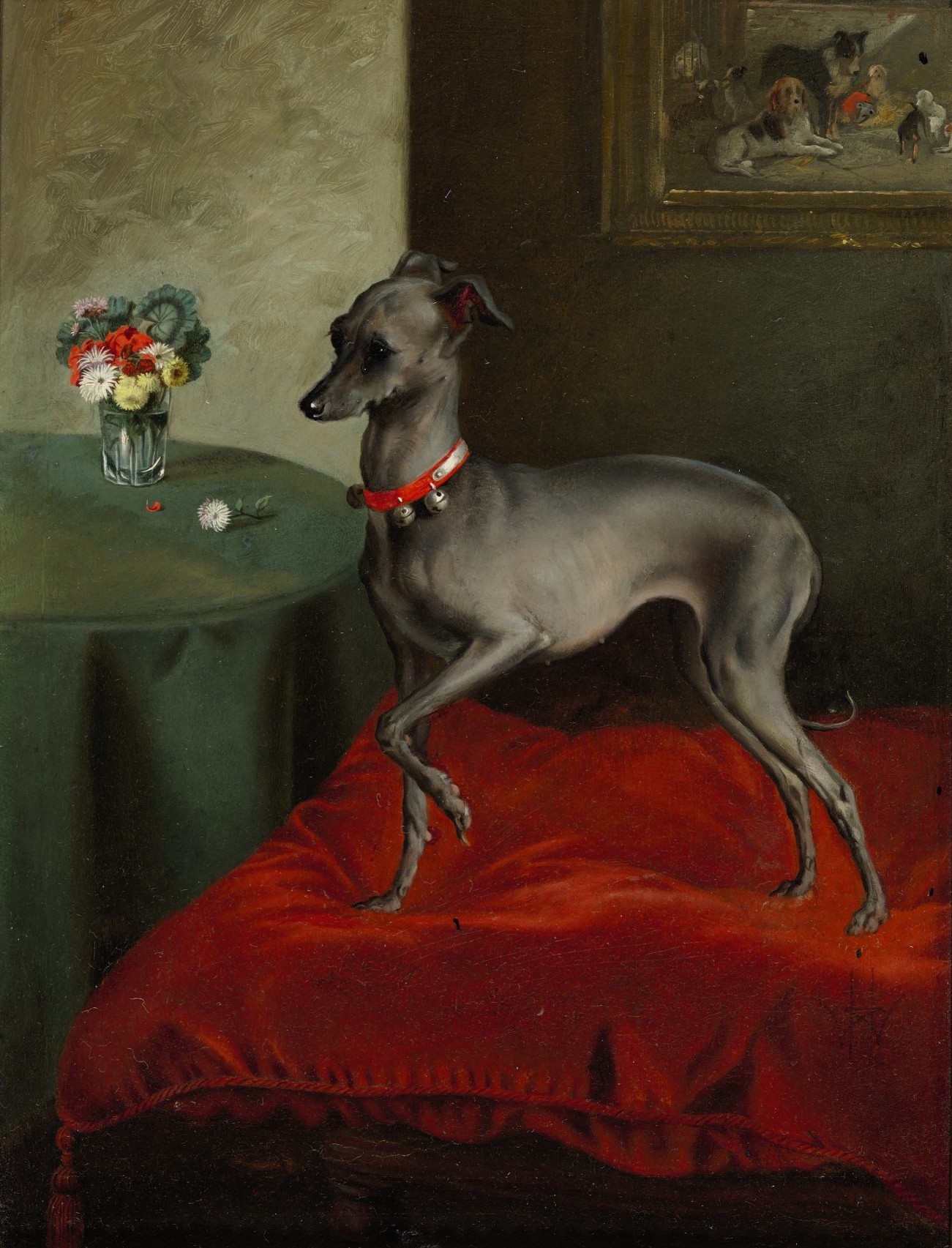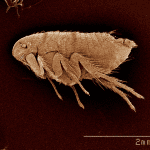By Amy Tokic
If you’ve ever wondered whether dogs can safely consume nutritional yeast, especially after hearing about its health benefits for humans, the answer is yes, they can. However, it’s important to note that the nutritional yeast used for cooking is different from the type used for baking bread or making dough rise, which is toxic to dogs and should be avoided at all costs.
Nutritional yeast offers several health benefits for dogs and is easily incorporated into their diet. It can enhance the taste of their regular dog food as well. However, it is important to consult your veterinarian before introducing any human food, including nutritional yeast, to your dog. Here’s some essential information and helpful tips about nutritional yeast and its effects on dogs.
The Benefits of Nutritional Yeast
Nutritional yeast provides several advantages for dogs:
- Enhances digestion: Nutritional yeast is rich in vitamin B complex, which aids in maintaining healthy digestion and optimal nutrient absorption.
- Supports liver function: It contains folic acid, which contributes to a healthy liver.
- Promotes healthy skin and coat: Nutritional yeast is a source of selenium, which helps maintain healthy skin and coat in dogs. Selenium also combats oxidative damage caused by free radicals in the body.
- Boosts immune system: B vitamins support immune system health in dogs, helping prevent the entry of infections like parvovirus and distemper virus through exposure to other animals or environmental toxins.
How Much Nutritional Yeast Do I Give to My Dog?
The appropriate amount of nutritional yeast to give your dog depends on their size. It is important to follow the manufacturer’s recommendations if you are unsure. Always consult with your veterinarian before making any dietary changes for your dog.
For most dogs, the recommended dosage is ½ teaspoon for every 10 pounds of body weight. However, this may vary depending on the specific product and brand of nutritional yeast being used. For example, if your dog weighs 15 pounds, they should receive about ¾ teaspoon per day mixed into their food or added directly to their bowl as a supplement.
Alternatively, if you prefer to use a supplement rather than adding it to their food, follow these instructions: Start with ¼ teaspoon per day for every 10 pounds of body weight until your dog reaches adulthood at around 18 months old. After that, increase the amount by ⅛ teaspoon every month until your dog reaches full maturity at two years old, at which point no additional supplementation is necessary.
When it comes to yeast for dogs, it is crucial to be mindful of the type. Never give your dog baker’s yeast or active yeast. However, a small amount of nutritional yeast can be beneficial.
It is important to prioritize feeding your dog whole foods to ensure they receive all the essential nutrients they need. Nevertheless, incorporating nutritional yeast into their diet can potentially contribute to their overall health and well-being.









